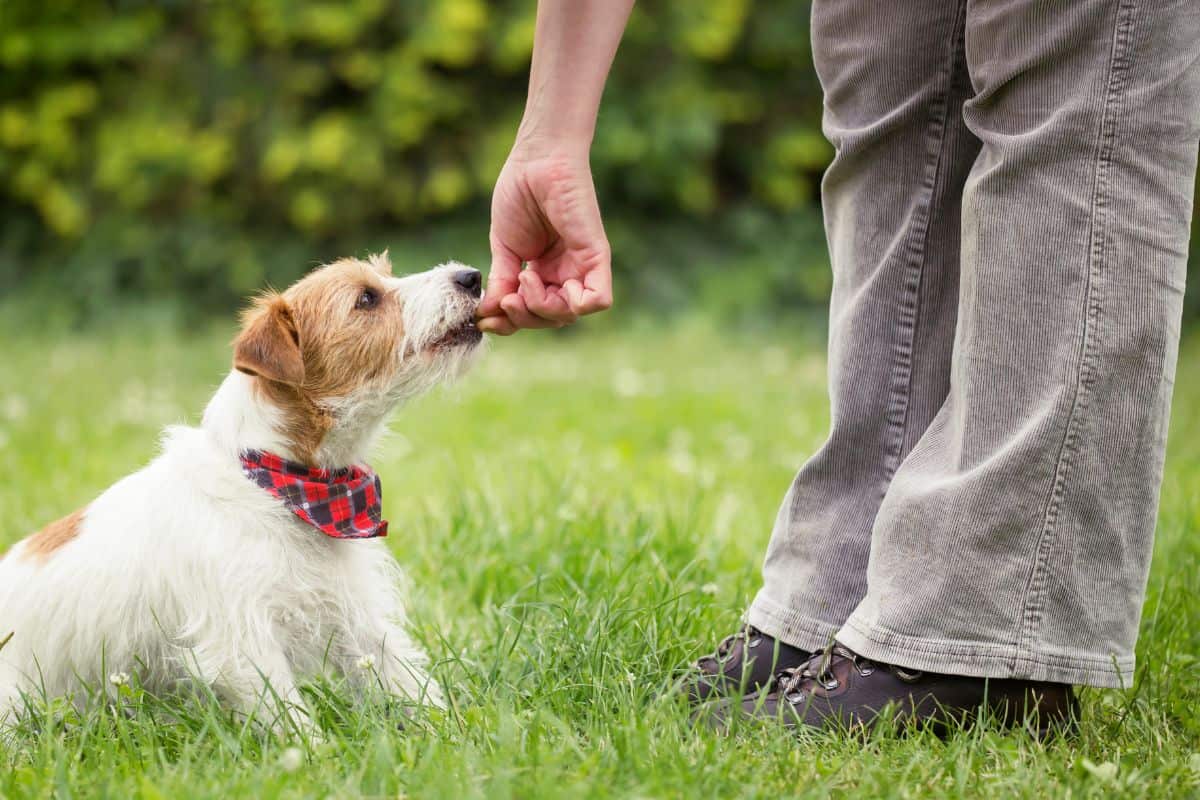Do Dog Trainers Need to Be Licensed

Welcome to the fascinating world of dog training, where the term 'dog trainer license' often sparks curiosity and confusion!
Licensing vs Certification in Dog Training
So, let's dive right in and start by exploring the difference between licensing and certification.
Licensing, in general terms, involves getting an official permit from a regulatory body to practice a profession. In this case, it would mean receiving a dog trainer license from a state or national agency. The idea behind licensing is to ensure a standard level of competence, safeguard the public, and regulate the profession.
On the other hand, certification is a professional endorsement that a dog trainer may choose to obtain from an organization like The Academy of Pet Careers. This endorsement is given after the completion of certain training programs and assessments. The purpose of certification is to recognize and document special knowledge, skills, and abilities.
While both licensing and certification are aimed at ensuring quality, they have significant differences. Licensing serves as a minimum barrier to entry, while certification is a mark of distinction, demonstrating a higher level of competence and commitment.
Current State of Dog Training Regulation in the U.S.
Shifting our focus to the larger picture, let's understand the regulatory landscape for dog training in the U.S. Surprisingly, the industry remains largely unregulated, which means there is no mandatory requirement for a dog trainer license...yet.
The reasons for this are varied, but it primarily boils down to the fact that dog training has been considered in the past more of an art than a science, with many different methods and approaches. This is greatly changing as more scientific approaches are becoming popular, such as the use of positive reinforcement in dog training. The lack of regulation can sometimes lead to inconsistency in training quality, and worse, unqualified individuals entering the profession.
However, this lack of mandatory regulation doesn't mean that the industry is entirely ungoverned. Professional organizations like the Certification Counsil of Professional Dog Trainers (CCPDT) have taken the lead in creating and enforcing standards through voluntary certifications and continuing education. This self-regulation can help ensure quality and give pet owners peace of mind.
States in the U.S. That Require a License to Train Dogs
It might come as a surprise, but as of the time of writing, no U.S. state requires dog trainers to obtain a specific dog trainer license. The landscape of dog training regulation in the U.S. is essentially a blank canvas at the state level.
However, this doesn't mean that dog trainers can operate without any consideration for local laws. Depending on the nature of their services and business setup, dog trainers may need to secure other types of permits or licenses. For example, in many cities or states, if you're a dog trainer who boards or breeds dogs as part of your training services, you might be required to obtain a kennel or breeder license.
This points to an important fact that aspiring dog trainers should be aware of: while a dog trainer license might not be mandated, complying with other relevant local laws and regulations is non-negotiable. So, always make sure to check with your city or state about necessary permits and licenses that might apply to your situation.
The Role and Value of Certified Dog Trainers
Certified dog trainers represent a gold standard in the industry. Being a certified dog trainer signifies a commitment to learning, mastering specific skills, and adhering to established standards of practice. In many cases, the certification process involves rigorous training and assessment, and can be a powerful statement of credibility.
This certification, whether it's from a dog training school or certifying organization, brings value and recognition in the industry and can be an invaluable asset for any dog trainer. It is particularly beneficial for pet owners, as it offers them the assurance that their dog is in the hands of a skilled and committed professional.
In conclusion, the world of dog training in the U.S. is a dynamic and ever-evolving landscape. Though there is currently no mandatory dog trainer license requirement, industry self-regulation and a few state-specific regulations play a vital role in maintaining standards. The future may see more changes in this landscape, but for now, a certified dog trainer remains a beacon of quality and professionalism in the industry.
 Author - Joseph Schifano
Author - Joseph Schifano
Joseph Schifano is the owner and President of The Academy of Pet Careers. With over 20 years of experience working in the pet field, managing large scale pet care businesses, he has experience in every facet of the industry. Joseph's focus is primarily on the business of pet care but his passion is in understanding animal behavior how a dog's brain works so we can improve the care we provide as pet professionals. He is a huge advocate for Pet Empowerment and Force Free training methods. Read more in Joseph's full bio.
